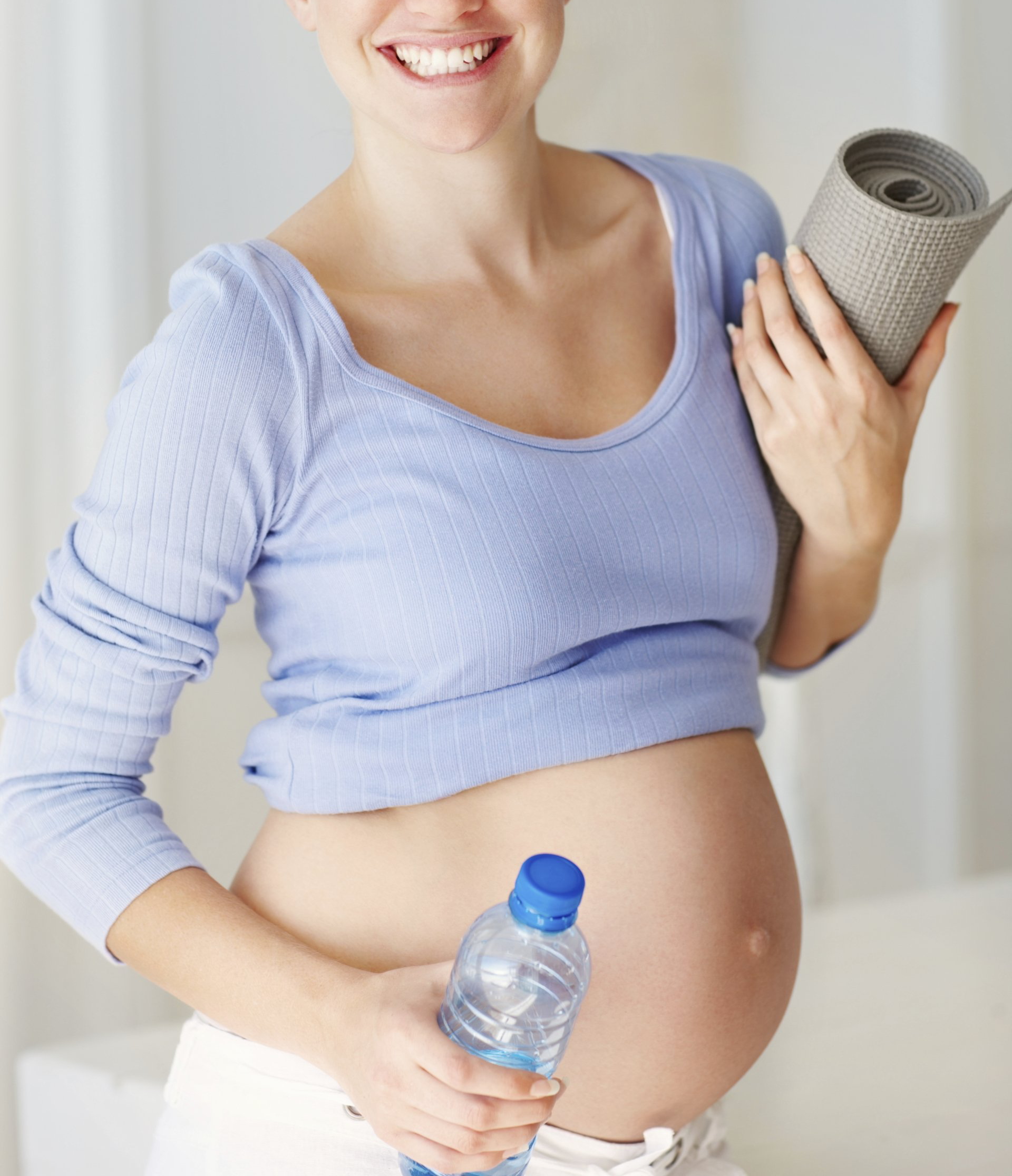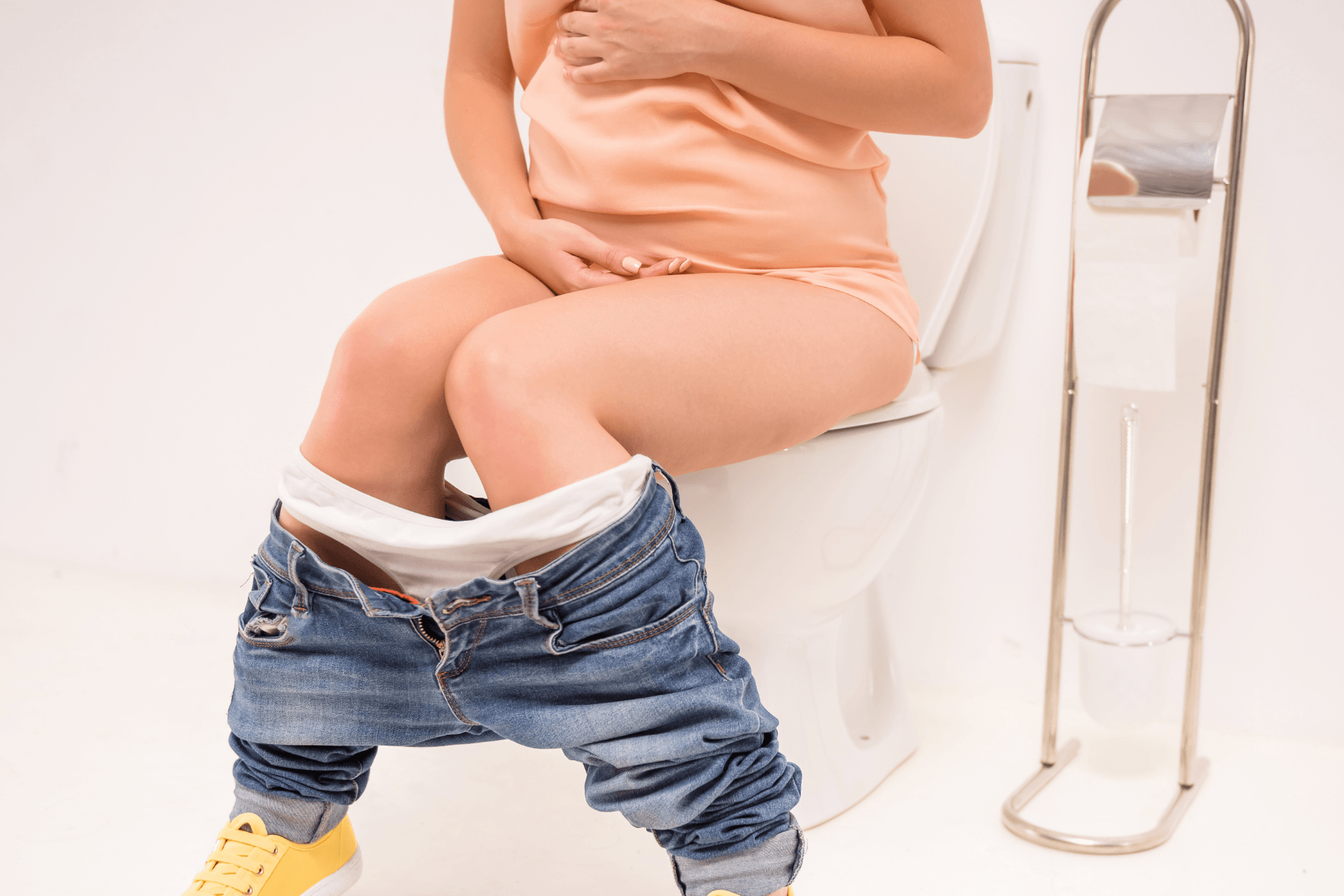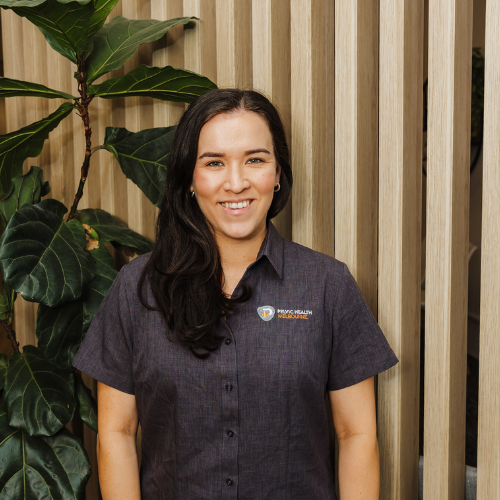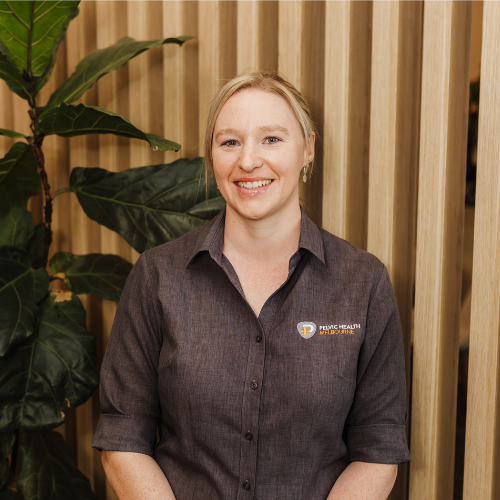BODY before birth
Pregnancy & Postnatal
Care Program

Body Before Birth

Congratulations on your pregnancy!
Whether you are newly pregnant, about to give birth, had your bubs and every stage in between, our
Body Before Birth, Pregnancy and Postnatal Care Program is here to support you with knowledge, practical advice and treatments to make this amazing experience memorable. This program is designed to educate you on changes to your body at all stages of pregnancy, inform you of your care options and prepare you for birth and beyond.
BUMP NOW - Assessment
(13-27 weeks)
Your initial appointment will provide advice and recommendations on:
- Changes to your body during pregnancy, what is normal and when to seek help
- How to stay active and exercise safely, including a personalised exercise program
- Your pelvic floor muscles, how they support you during pregnancy and an assessment of their current function
- How to prepare for the bladder and bowel changes that occur during pregnancy
- Intimacy during pregnancy - what is normal
- Blood pressure monitoring and urine testing where relevant
Appointment time 60 minutes.
Bump 28 - Birth Choices
(28 - 31 weeks)
Your appointment will include:
- Changes to your body and new muscle aches and pains
- Pregnancy pain support aids (abdominal support bands/braces, supportive footwear, ice/heat packs)
- What is active labour?
- Birthing education and your choices including vaginal and caesarian deliveries
- Effective birthing positions
- Birthing aids available to use (TENS pain management, ice/heat packs, fitball, belly supports, water births)
- Blood pressure monitoring and urine testing as appropriate
Appointment time 30 - 45 minutes depending on individual needs.
Ideally, your support person will attend this appointment with you so you can discuss your options and make informed choices.
BUMP 32 - Pushing Techniques
(32 - 35 weeks)
Your appointment will include:
- Learn and practice safe birthing positions
- Learn and practice effective pushing positions and techniques
- Pelvic Floor assessment and how and when to relax the muscles during birthing
- What is your Perineum? and why massage can help to prepare for a vaginal delivery
- Pregnancy pain support aids (abdominal support bands/braces, supportive footwear, ice/heat packs)
- Post-natal recovery aids (supportive apparel and footwear, perineal ice packs)
- Blood pressure monitoring, urine testing and any concerns with swelling and pain
Appointment time 30 - 45 minutes depending on individual needs.
Ideally, your support person will attend this appointment with you so you can discuss your options and make informed choices.
Bump 36 - Aftercare
(36 - 40+ weeks)
Your appointment will include:
- Early postnatal care for your body recovery (bladder, bowel, perineum, c-scar, abdominal separation)
- What is normal recovery and when should I seek help?
- Postnatal recovery aids (support apparel and footwear, perineal icepacks)
- What is a prolapse? and how can it be managed
- Advice on intimacy after birth
- Breastcare and breastfeeding positions
- Support information for birth trauma and postnatal depression
- Pregnancy pain support aids (abdominal bands/braces, supportive footwear, ice/heat packs)
- Blood pressure monitoring, urine testing and any concerns with swelling and pain
Appointment time 30 - 45 minutes, depending on individual needs.
Ideally, your support person will attend this appointment so you can discuss your options and make informed choices.
BUMP Postnatal
(6 weeks post birth)
Congratulations on the birth of your baby!
This appointment focuses on your body recovery after birth and will include:
- Your pelvic floor muscles and how they support your body during recovery
- Your bladder and bowel function and any continence concerns
- Assessment and advice on the healing of your perineum/c-scar as required
- What is normal recovery and when should I seek help?
- What is a prolapse? and how can it be managed
- Stomach muscle assessment
- Postnatal recovery aids and apparel
- Breast care, including information on what to look out for with mastitis
- Intimacy after birth
- Advice on how to return to exercise safely and a personalised exercise program
- Support information for birth trauma and postnatal depression
- Addressing any concerns you are experiencing e.g. swelling/bleeding
Appointment time 60 minutes.

Related Blogs

More Information
Find out more about pregnancy health


03 9325 1511
info@pelvichealth.melbourne
ABOUT US
While you don’t talk about pelvic health every day, we do. Our team of specialised physiotherapists are highly skilled and more importantly, have the emotional intelligence to help you through whatever challenges you’re facing. Talk to us today.
ABOUT US
While you don’t talk about pelvic health every day, we do!
Our team of pelvic health therapists are passionate about helping you through whatever challenges you’re facing. Talk to us today.

We acknowledge the Traditional Owners of the land where we work and live, the Bunurong and Wurundjeri peoples of the Kulin Nation and pay our respects to Elders past and present. We celebrate the stories, culture and traditions of Aboriginal and Torres Strait Islander Elders of all communities who also work and live on this land.












